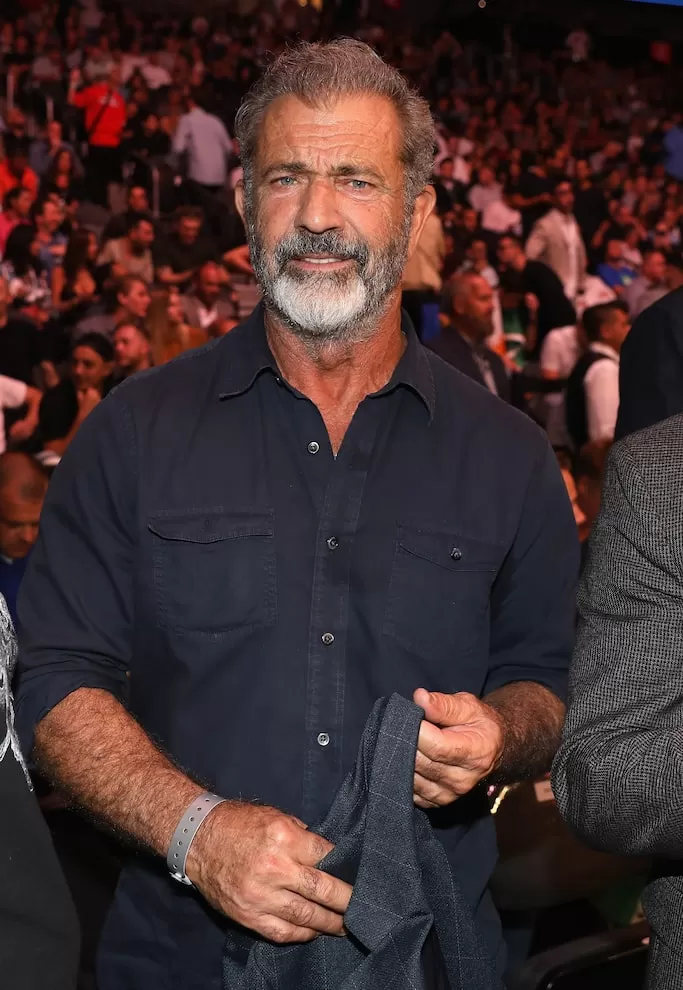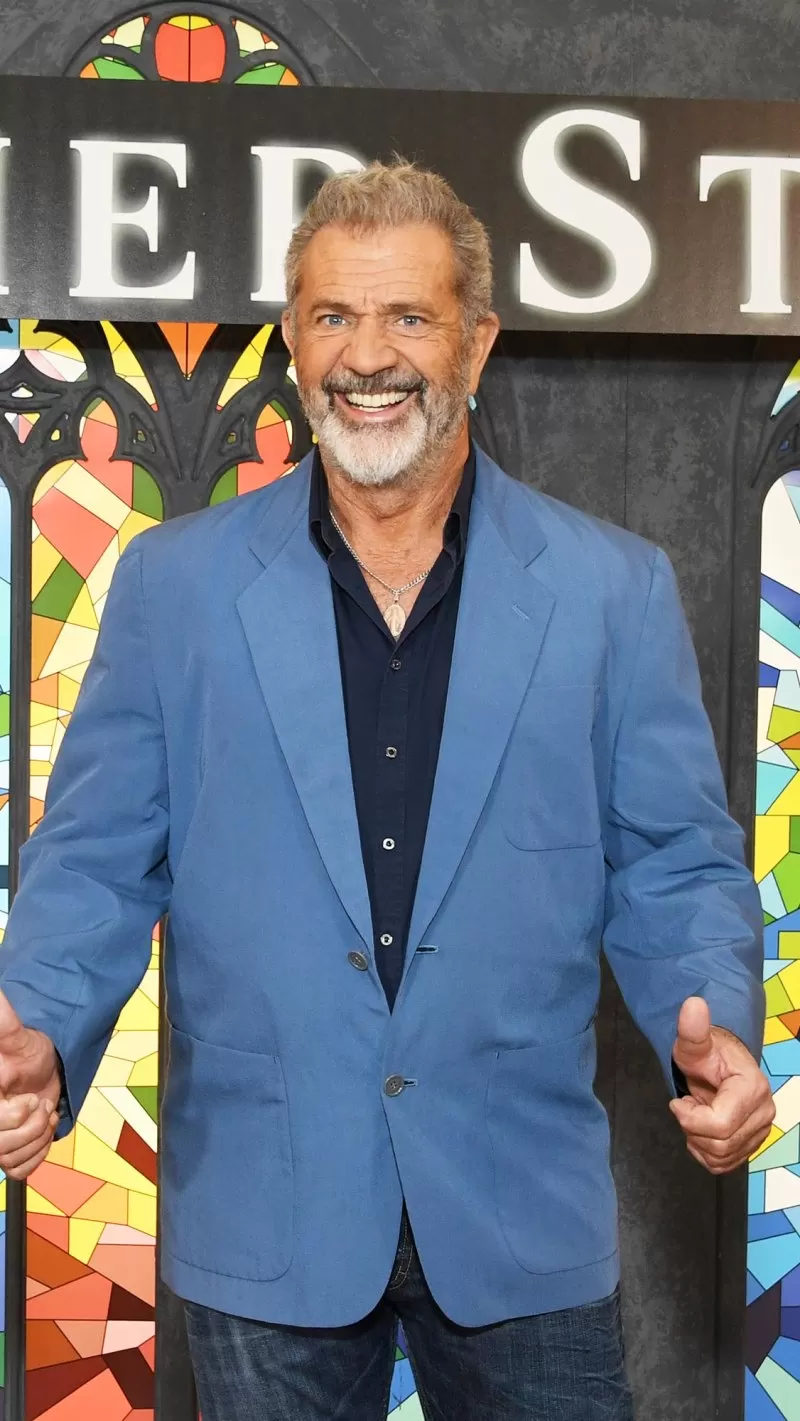By stepping away from the so-called “woke agenda,” they intend to create a space where traditional storytelling can thrive without fear of censorship or cultural backlash.

Roseanne Barr, known for her outspoken personality and her rise to fame with the iconic sitcom Roseanne, has always been a controversial figure. After facing backlash and cancellation over a tweet in 2018, she has remained steadfast in her opinions about free speech and creativity. Her involvement in this new venture reflects her commitment to providing a platform for voices that have been sidelined in mainstream Hollywood.

Mark Wahlberg, an actor with a long history of box-office hits, is no stranger to pushing boundaries. Wahlberg’s Catholic faith and his advocacy for family-friendly entertainment have often put him at odds with Hollywood’s more progressive circles. His participation in Freedom Films aligns with his desire to produce content that resonates with traditional values while maintaining mass appeal.
Mel Gibson, a celebrated actor and director with numerous accolades under his belt, brings a wealth of experience to the table. Despite facing his own controversies over the years, Gibson’s work, including films like The Passion of the Christ and Hacksaw Ridge, has consistently showcased his dedication to impactful storytelling. His role in this venture highlights his belief in the transformative power of cinema to unite audiences through shared human experiences.
Together, Barr, Wahlberg, and Gibson envision Freedom Films as a beacon for creatives who feel constrained by Hollywood’s current climate. They aim to attract storytellers who share their passion for honest and diverse perspectives—not diversity for the sake of political correctness, but diversity rooted in genuine narratives.
The establishment of a studio that openly declares itself as “non-woke” is a significant departure from Hollywood norms. In recent years, the entertainment industry has leaned heavily into producing content that reflects progressive values. While this has resulted in some critical and commercial successes, critics argue that it has also led to a homogenization of storytelling and the alienation of certain audience demographics.
Freedom Films seeks to counterbalance this trend by giving filmmakers the freedom to explore themes and ideas without fear of being labeled or ostracized. The studio’s mission is not to reject social issues altogether but to approach them through a lens that prioritizes character-driven plots and universal truths over ideological messaging.
This initiative has drawn mixed reactions. Supporters hail it as a much-needed antidote to Hollywood’s perceived groupthink, while detractors accuse the founders of pandering to conservative audiences. Regardless of the criticism, the buzz surrounding Freedom Films underscores the appetite for alternative approaches to entertainment.
Freedom Films has already announced plans for its inaugural slate of projects, which promise to reflect the studio’s core philosophy. Among the first is a historical drama directed by Mel Gibson, exploring the life of a lesser-known but influential figure in American history. The film aims to combine compelling storytelling with meticulous attention to historical detail, offering audiences a fresh perspective on a pivotal era.
Mark Wahlberg is set to star in and produce an action-packed thriller that emphasizes themes of redemption and resilience. Known for his ability to bring emotional depth to action roles, Wahlberg’s project is expected to appeal to a wide range of viewers.
Roseanne Barr, meanwhile, is developing a comedy series that promises to tackle controversial topics with her signature wit and unflinching honesty. The show aims to provide a platform for humor that pushes boundaries without succumbing to political correctness.
Freedom Films’ entry into the entertainment landscape could have far-reaching implications. By positioning itself as a haven for unorthodox storytelling, the studio challenges other production houses to reconsider their approaches to content creation. If successful, it could inspire a wave of similar ventures, diversifying the kinds of stories that make it to screens big and small.
The timing of this initiative is particularly significant. In an era where streaming platforms dominate and audience preferences are more fragmented than ever, Freedom Films has the potential to carve out a loyal niche. The studio’s commitment to artistic freedom may resonate with viewers who feel underserved by current offerings.
However, the path forward is not without challenges. The founders will need to navigate a highly competitive market and address potential backlash from both industry insiders and vocal critics. Success will depend on their ability to deliver high-quality content that resonates with audiences while staying true to their mission.
The announcement of Freedom Films has ignited a firestorm of debate on social media. Supporters have lauded Barr, Wahlberg, and Gibson for their courage in taking a stand against Hollywood’s prevailing trends. Many see this as a positive step toward restoring balance in an industry often accused of sidelining dissenting voices.
Critics, however, remain skeptical. Some argue that the studio’s anti-woke branding risks alienating a significant portion of potential viewers. Others question whether the trio’s controversial pasts might overshadow their creative endeavors.
Despite the polarized opinions, one thing is clear: Freedom Films has captured the public’s attention. The studio’s launch represents a pivotal moment in the ongoing conversation about the role of politics and culture in entertainment.
Roseanne Barr, Mark Wahlberg, and Mel Gibson’s decision to join forces and create Freedom Films is a testament to their shared belief in the power of storytelling to transcend boundaries. By rejecting the constraints of Hollywood’s current climate, they aim to forge a new path for filmmakers and audiences alike.
Whether Freedom Films succeeds or fails, its very existence challenges the status quo and opens the door for broader discussions about the future of cinema. As the first projects roll out and the studio’s vision takes shape, all eyes will be on this daring trio and their quest to redefine the art of filmmaking.